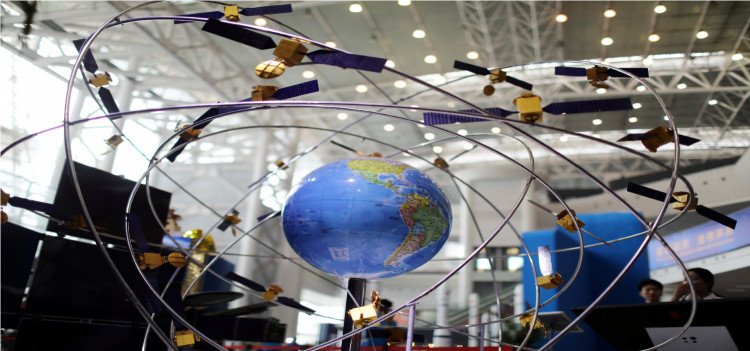China's iSpace is scheduled to launch a satellite in orbit in June following the failed launches of its two competitors. The attempt will place the company in the rank as the first Chinese private company to send a successful satellite launch in the orbit.
The company is also known as Beijing Interstellar Glory Space Technology Ltd. The company will launch a Hyperbola-1 four-stage rocket into space carrying an unnamed payload from the Jiuquan Satellite Launch Center.
Huo Jia, iSpace Vice President said in an interview with thepaper.cn that the launch vehicle would be transferred to Jiuquan which is located in northwest China before May ends in preparation for the mission. The scheduled launched is the third attempt of a private firm to send a satellite to the orbit following the failed launches of LandSpace Technology Corporation and OneSpace Technology Co., Ltd.
Landspace made the first attempt in October which failed due to the loss of altitude control during the third stage of the launch throwing the payload into the Indian Ocean. In March, OneSpace made the second failed launch which suffered from a problem with a velocity gyroscope shortly after the second stage was fired.
The launch of iSpace will pass through the same stages with a liquid-propelled fourth stage. The company is one of the most promising startup launch firms on China and it accumulated over $100 million in series A funding from Matrix Partners China, CDH Investments, tech giant Baidu and others.
iSpace is also developing the Hyperbola-2 to surpass the launch capability of the Hyperbola-1. The new rocket is 2.5 meters in diameter and it is 38 meters high which is powered by liquid-methane and liquid-oxygen engines. The rocket is developed to lift 1,900 kilograms to LEO and its initial flight is expected in 2020. The company performed successful joint tests of a turbopump and secondary systems for a 15-ton thrust methalox engine named JD-1 at the end of March 2019.
iSpace had a suborbital experience following the launch of the Hyperbola-1S from Hainan island in April 2018 and the Hyperbola-1Z from Jiuquan in September.
Chinese launch startups began their flights after the government shifted its policy in 2004 which allowed private companies in China to launch and own small satellite sectors. The growth in launch vehicles accelerated after the civil-military integration strategy was introduced. The strategy facilitated the transfer of restricted technology to approved firms as the country promotes innovation in dual-use technology.





